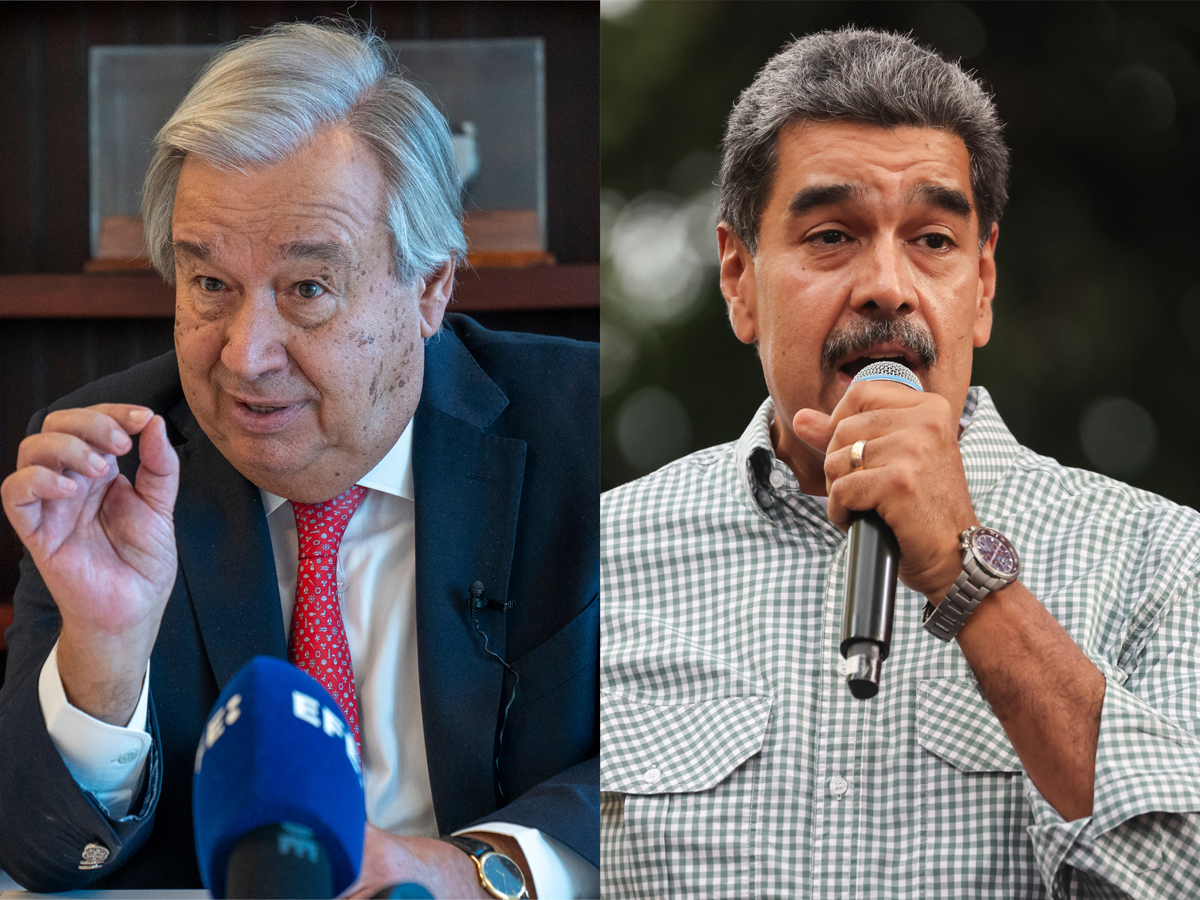They are barely addressing the Venezuelan crisis

The Venezuelan crisis barely made it into the next High Level week of the United Nations Organization (UN), another symptom of how Latin American disunity and international rivalries combine to prevent the address the Venezuelan issue with one voice.
The United States has had to organize the only ministerial-level event on Venezuela next Thursday: US Secretary of State Antony Blinken is sponsoring this meeting, according to US diplomatic sources who confirmed to EFE, after another event planned to be organized by Chile failed.
It remains to be seen whether the “progressive front” of Colombia, Mexico and Brazil will join this event alongside the United States.s, given that these three countries, despite showing their differences with the Government of Nicolás Maduro, have not gone as far as Washington, which has recognized Edmundo González Urrutia as the winner of the elections of July 28 and has applied sanctions against 16 senior officials of the Maduro Government.
The UN High Level Week is the great event of world diplomacy and a unique opportunity to discuss the most pressing conflicts: it is no coincidence that the leaders of Israel, Palestine, Lebanon, Iran, as well as the presidents of Ukraine and Sudan are expected in New York, among the 133 leaders who will attend.
However, Nicolás Maduro usually boycotts this event – neither he nor his foreign minister are scheduled to speak this year – and even more so in the current circumstances, Therefore, it is up to other countries to promote a forum to address the crisis in Venezuela.
However, establishing an agenda seems problematic: Is it about promoting a negotiation between the parties or openly promoting Maduro’s departure?
At the UN Security Council, the Venezuelan crisis merited a closed-door briefing on September 5, requested by Ecuador, whose ambassador José Javier de la Gasca, acknowledged at the end the “natural divisions” of the members on the matter, since Russia and China were quick to congratulate Nicolás Maduro on his proclaimed victory in the elections and both are among his main allies.
A week later, more than 50 countries signed a joint declaration that they read at the door of the same Council to ask for “the restoration of democratic norms in Venezuela.”
Although the statement was read by the Panamanian foreign minister, Javier Martínez-Acha, -who traveled to New York for the occasion-, Diplomatic sources revealed that the United States was the driving force behind the declaration.
It was surprising then that three of the largest Latin American countries – Colombia, Mexico and Brazil – did not sign it, unlike Spain, Chile and Argentina.
Neither Russia nor China joined in, nor did almost any African country. Once again, this seemed more like one of many Euro-North American initiatives with little impact in the ‘global south’.
Partisan events and performances in Times Square
Given the scant impact of the Venezuelan crisis on the world diplomatic scene, including at the UN, the Venezuelan opposition has promoted other parallel forums in New York next week, and Venezuelan opposition leader María Corina Machado will participate from Caracas in a virtual event of the Concordia Forum on the 25th, while her daughter Ana Corina Sosa will lead another forum two days earlier, also in New York.
Both will have an openly partisan character.
Finally, on Saturday 28th, another opposition group has called for a protest in Times Square entitled ‘Lying Down for Venezuela’ in which they have asked supporters to come dressed in white clothing and lie down on the ground so that the drama their country is experiencing is not forgotten in the heart of New York.
The wave of immigration that has arrived in New York in the last two years has been mainly made up of Venezuelans, who in some cases have carried out loud protests against Maduro, but who as time goes by are attracting fewer and fewer supporters.
Independent journalism needs the support of its readers to continue and ensure that uncomfortable news that they don’t want you to read remains within your reach. Today, with your support, we will continue working hard for censorship-free journalism!
